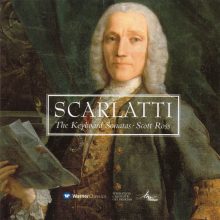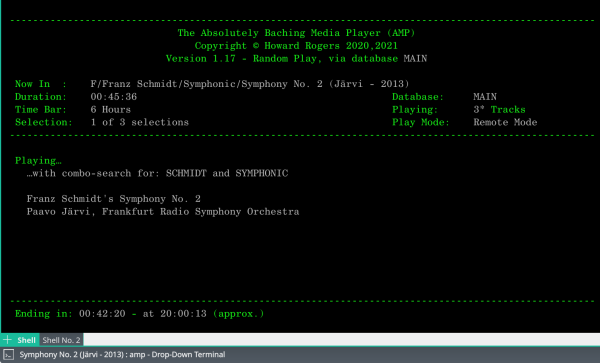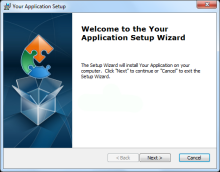Let's begin by defining what 'hi-res audio' is, and then I'll explain why it's marketing baloney and no-one should touch it with a barge-pole... and why I've just enhanced my various software offerings to work with it anyway!
So, to begin at the beginning: there's a thing called the Nyquist-Shannon Sampling Theorem. It says that a continuous wave-form can be perfectly reproduced as a set of fixed, discrete samples if the waveform being sampled has a finite bandwidth, and your sampling rate is twice the maximum signal frequency. That is, so long as you can say 'this audio signal has a fixed upper-limit of (say) 20KHz', then it is mathematically provable that a sampling rate of 40KHz can capture that wave form perfectly. When the Sony and Philps engineers were developing the Compact Disc audio format in the 1970s, they relied on this theory to determine the characteristics of CD audio. Since the best human ear can really only hear up to 20KHz (and even then, you've got to be young and genetically-blessed to hear that high), we can record an orchestra and chop off any part of the audio signal above 20KHz and no-one will be any the wiser: we're disposing of frequencies no-one of mortal woman born can hear anyway. Then, once we have a continuous audio signal with a firm upper cut-off of 20KHz, we can digitise that by sampling the signal at 40KHz and be mathematically sure of being able to perfectly re-create the original analogue audio signal. Being clever people of the 1970s, however, the Philps and Sony engineers also realised that cut-off filters aren't linearly perfect. Tell them to cut off at 20KHz, and they'll maybe kick in a bit early and chop some sub-20KHz signal off, too; they'll alternatively knock-off a bit early and leave some 20KHz+ signal behind that ought to have been removed. Frequency filters being imperfect, therefore, the CD developers decided to cut a little slack for the filtering process and thus decided to cut off the audio signal at 22.05KHz, rather than at precisely 20KHz. The extra 2005Hz were there to deal with the electronic filtering imperfections of the time. The consequence of that is that for Nyquist-Shannon to remain applicable, the sampling rate had to be twice this higher 'highest frequency' - and that's why CDs have a sampling rate of 44,100 Hertz. [...]










